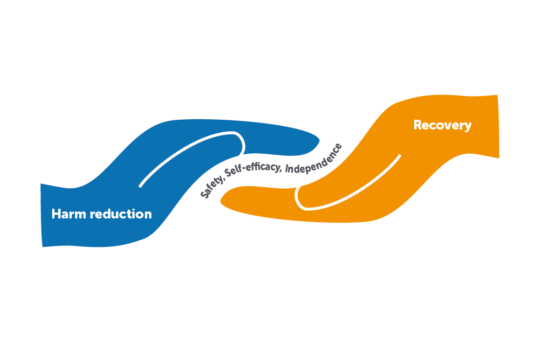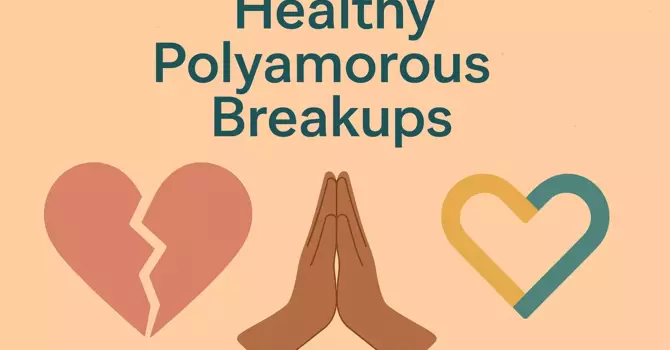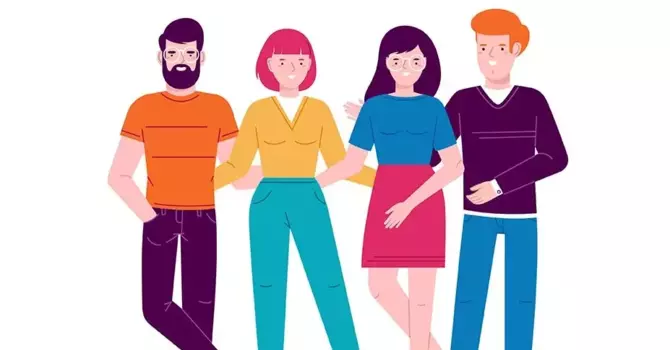
For a lot of LGBTQIA+ folks, recovery from substance use or addictive behavior can be compounded by shame, stigma, and trauma. The systems designed to support recovery haven't always been built with our identities—or our lives—in mind. Whether it's a 12-step meeting where our pronouns aren't respected, or a treatment model that doesn't take into account the impacts of queerphobia, transphobia, or systemic oppression, the barriers are real.
But here is the truth: there is no one "right" way to recover from addiction. Healing does not require a script. Recovery can be radical. It can be queer. It can be deeply personal. And harm reduction can be a powerful, affirming part of that.
What Is Harm Reduction?
Harm reduction is really a public health strategy that is going to meet people where they are, without judgment. Rather than demanding abstinence as the only option, harm reduction is acknowledging that any step toward safety, wellness, or stability has value.
A few instances of harm reduction behaviors are:
Using clean equipment (needles, pipes, for example)
Taking medicine to manage cravings or withdrawal (Suboxone, methadone, for instance)
Not using while alone
Setting boundaries around use (amount, frequency, location)
Access to naloxone (Narcan) to reverse opioid overdose
Abstinence when it's the best choice for you
For LGBTQIA+ individuals, harm reduction is not only a strategy but an act of self-preservation and community care.
Why LGBTQIA+ Individuals Use Substances
Substance use among LGBTQIA+ individuals is complicated and is rooted in both individual and systemic experiences. These include:
Coming to terms with trauma, rejection, or estrangement from family
Gender dysphoria or body-related distress
Dealing with mental health struggles like anxiety, depression, or PTSD
Surviving in unsafe environments
Looking for connection and belonging in nightlife or community groups
Homelessness or unemployment due to discrimination
Substance use is not always about addiction—it is about pain, survival, disconnection, and sometimes even celebration. That is why recovery must be nuanced, affirming, and inclusive.
Harm Reduction as a Queer Healing Practice
Harm reduction gives LGBTQIA+ people what we sorely miss: respect and control. Instead of being told how to live or recover, we are invited to make our own goals and move at our own pace.
You might want to:
Stop using entirely
Slowly reduce use
Continue using, but more safely
Put mental health or stability first
Build community resources and support
All of these are true. Recovery does not have to be binary—it can be layered, nonlinear, and ever-changing. Especially for those of us with intersecting identities (e.g., BIPOC, neurodivergent, disabled), harm reduction makes recovery available, realistic, and rooted in our truths.
Creating Safer Spaces for LGBTQIA+ Recovery
Unfortunately, not every recovery space is affirming or safe. That's why LGBTQIA+-specific support networks are so important. Whether a queer sober social group, a therapist who understands harm reduction, or a recovery coach who respects your pronouns, the people you navigate this journey with matter.
Here's what affirming support might look like:
Respecting chosen names and pronouns
Understanding the effects of trauma, dysphoria, and minority stress
Centering autonomy and informed consent
Allowing room for spiritual and cultural variation
Allowing multiple routes to recovery—abstinence, moderation, or harm reduction
At Inclusive Therapy Group, we're interested in meeting you where you are—not where other people believe you ought to be. Recovery is deeply personal, and we're here to facilitate your path, wherever that might lead.
You Deserve to Heal—On Your Own Terms
Recovery isn’t about perfection. It’s about resilience. It’s about reclaiming your story, your safety, and your joy. Whether you’ve been sober for years, are just starting to consider change, or don’t know what your relationship with substances looks like yet—you are worthy of care and compassion.
You don’t have to do this alone.
Ready to explore recovery on your own terms?
At Inclusive Therapy Group, we offer compassionate, affirming support rooted in harm reduction, trauma-informed care, and LGBTQIA+ empowerment. Whether you’re navigating sobriety, exploring safer use, or just beginning your journey—you deserve care that sees the whole you.
Book a Consultation today. and take the next step toward healing—your way.
https://inclusivetherapygroup.com/blog/recovery-is-not-one-size-fits-all





